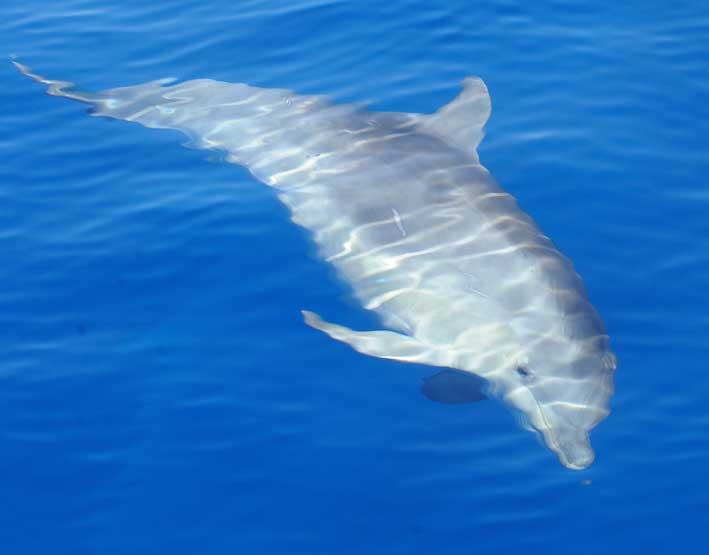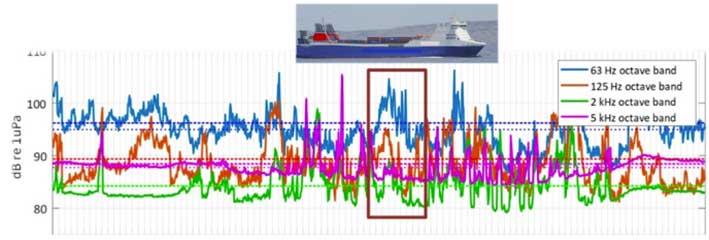University of Malta academics, Prof Adriana Vella and Dr Joseph Vella, have presented research at the World Marine Mammal Conference (WMMC) in Barcelona, Spain.
They have jointly worked with other scientists to present outcomes of acoustic monitoring of both underwater noise and cetacean presence in Mediterranean waters as part of the QuietMED and QuietMED 2 projects, which will keep going until 2021. The QuietMED project allowed Prof Vella and Dr Vella to undertake the first noise monitoring exercises in Maltese waters following the Marine Strategy Framework Directive's specifications for marine noise monitoring (indicator 11) using state of the art instrumentation.

The latter is being used to continue with marine research efforts also linked to monitoring cetacean presence through various seasons at different sites thus complementing the year-round scientific field work undertaken by Prof Adriana Vella since 1997 in a study area of around 100,000km2 around the Maltese Islands.
As Malta's National Contact Person for the European Cetacean Society (ECS), Prof Vella, has contributed to placing Malta on the map for cetacean scientific research and to bring to Malta in 2015 the first international ECS conference on marine mammal science as chair of the scientific committee, working side by side with local BICREF environmental NGO volunteers and various other experienced international expert cetacean scientists.

This year, the Barcelona WMMC conference saw two international scientific marine mammals societies come together once again after the first joint conference in 1998 to join forces on the need to urgently take action on measures to protect marine life, including the increasingly vulnerable dolphins and whales everywhere in the world. The WMMC attracted more than 2,700 participants from around the world to share their research outputs and concerns over loss of cetacean species and populations worldwide.
Dolphin and whales are suffering from various impacts of man's activities which range from climate change, over-fishing, pollution (chemical, plastic, noise), spreading diseases to increasing disturbance from dolphin/whale watching activities. Many scientists brought scientific results of the impacts of these activities portraying a very alarming scenario for these indicator and charismatic species of the sea.
Luckily, increasing knowledge and new technologies to obtain scientific data with least impact have also been developing and the QuietMED fieldwork is an example of how monitoring for noise pollution and marine species presence may be undertaken with zero disturbance. Additionally, this work may aid local environmental and transport authorities gauge, understand, and improve management and mitigate for activities in a spatio-temporal environment.
Too often, marine protected areas may be absent or designed without sufficiently knowing the needs of these species and their different seasonal distributions and life stages' requirements. To make matters worse, the need to have long-term research and monitoring funded to aid local experienced scientists is not found everywhere to support national to regional consideration of vulnerable marine species' survival needs. To this end, the Barcelona Declaration: Together for Marine Mammal Science and Conservation of Marine Mammals was signed by hundreds of scientists at the WMMC to push this urgent need to the fore.